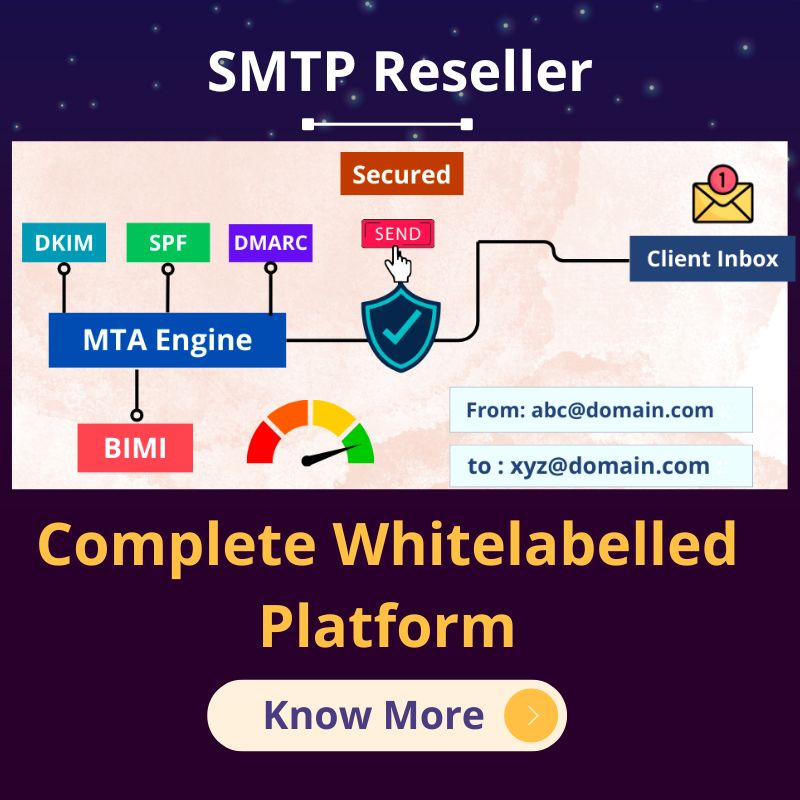Small Business can Leverage Marketing Automation SMEs needn’t be left behind by new Marketing Automation technology A dismal 37 percent of shoppers say that the average retailer “gets” them. It’s perhaps for this reason that consumers spend a lot of time researching online before making.
In fact, C-suite executives reckon four particular technologies will be key to marketing success in the future:
- Cloud computing and services
- Mobile solutions
- The Internet of Things
- Cognitive tools
Cloud computing and services – marketing automation
The digital marketing process involves a plethora of time-consuming tasks. Marketing automation is a cloud-based service that dramatically cuts down the time that business owners need to spend on routine tasks. Marketing automation ensures precision and optimization of business resources as well as the customer experience.
For instance, depending on the platform you choose, small businesses can:
- Easily create email marketing workflows that enhance the customer journey.
- Host informational webinars.
- Build professional, high converting landing pages.
- Conduct surveys about their target audience’s needs and expectations.
- Integrate shopping cart abandonment processes into email workflows.
- Analyze data to make improvements.
- Utilize advanced email marketing features, like scoring, tagging and segmenting.
However, there are another trend entrepreneurs should be aware of, and that is that many small businesses select the wrong tool, and end up utilizing only a quarter of the capabilities. For example, ConstantContact provides a unique platform for nonprofits or companies that hold lots of events, while GetResponse is good for online marketing.
Mobile solutions – customer support
63% of people use mobile devices a few times each month to find customer and product support.
The most common issues when trying to find customer support via mobile devices are:
- Difficulty navigating websites.
- Searching results are not helpful.
- Time to load is slow.
- The website is not searchable.
If you provide a service or product online, you’ll need to make it easy for customers to get support when using mobile devices.
The Internet of Things – combining offline & online
The Internet of Things (IoT) means connecting online and offline through the Internet. It’s not common to small businesses, which is why if you can leverage it, your business will have a tremendous edge over your competitors.
An example is the Point Defiance Zoo & Aquarium in Tacoma, who’s online ticket sales have increased by 700% since implementing analytics technology to combine offline and online marketing activities. The zoo will move to mobile ticketing sometime in the future, so that visitors can use their mobile devices to “check in” at specific exhibits, dramatically improving the customer experience.
Smaller retail companies can install sensors that monitor foot traffic and customer behavior in-store. When this is combined with sales data, powerful findings emerge that have the ability to influence the customer experience.
To utilize the IoT, small businesses need to consider existing problems or ideas and then ask an IoT expert to provide solutions.
For instance, a lawyer was standing in the airport, waiting for the carousel to deliver his bag when he had a lightbulb moment and thought, “why can’t the airport notify me by Bluetooth when my bag’s about to be delivered?” Bingo. That right there is IoT thinking in action.
Cognitive tools – using user behavior to better customer experiences
Cognitive computing mimics the way the human brain works. It’s a smart machine; a computer that thinks like a human. The tools that emanate from cognitive computing, turn data into powerful insights.
Small businesses can use cognitive tools, analytics, and predictions, to access data that their customers create every day, in order to understand and learn from it, with the end result to drive loyalty and build trust, giving customers the right experience at the right time.



